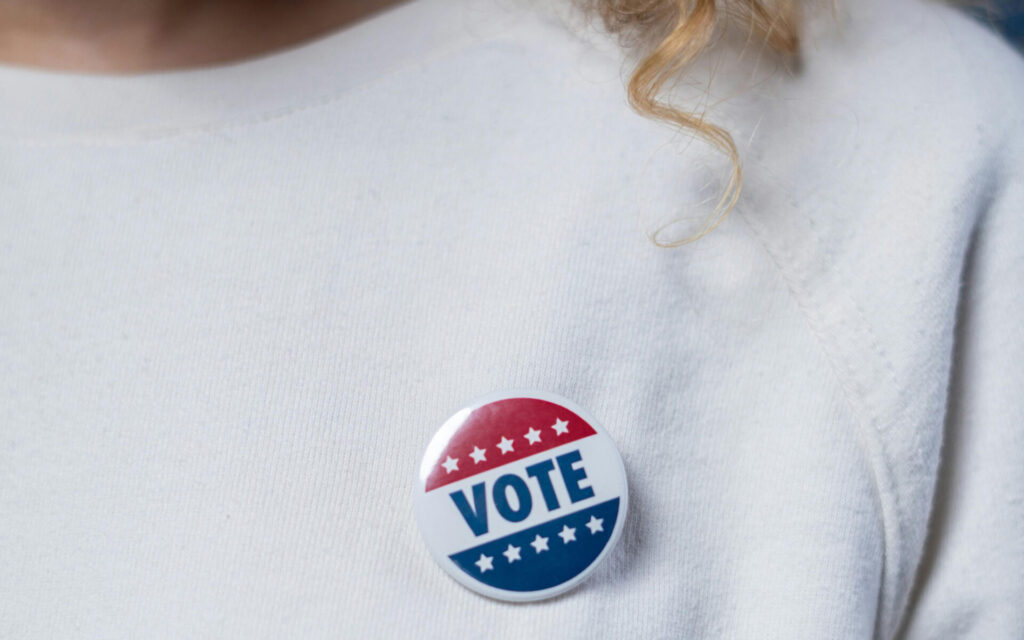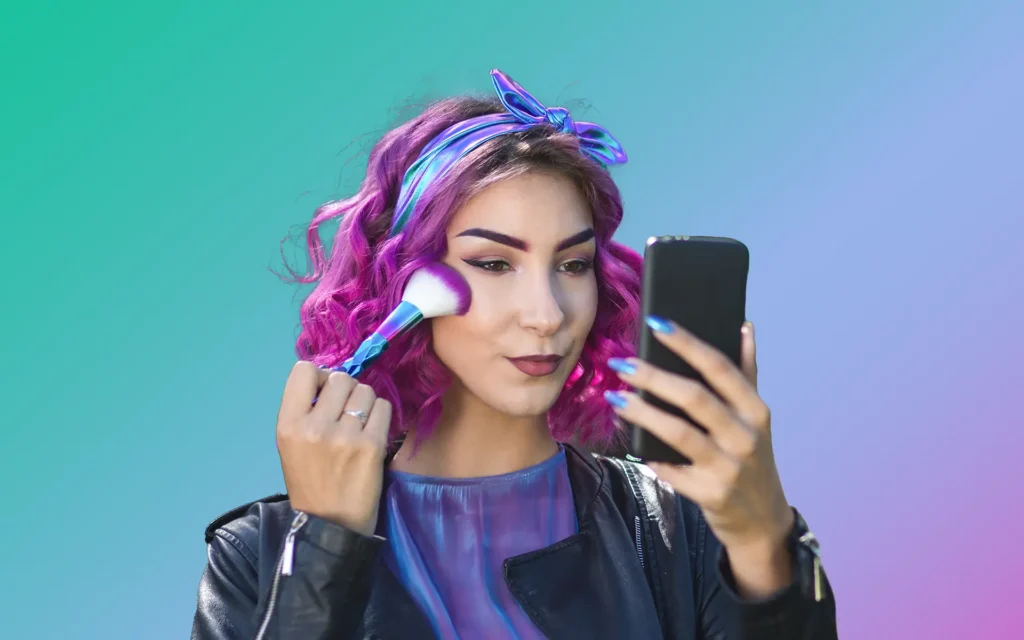Guy Rancourt, VP of Media
May 14, 2020
I miss sports – both personally and professionally – and I know I'm not alone. Those sentiments are echoed in conversations almost as frequently as you hear people say they miss seeing friends or just going out to eat.
An unintentional consequence of COVID-19 is the realization of how much sports powers the advertising world. The absence of sports has thrown our marketing ecosystem into flux, and the ripple effect of canceling major sporting events is being felt across all mediums and all categories.
In the short term, the loss of linear GRP's, digital impressions and multi-platform marketing opportunities, not to mention the amount of unspent dollars freed up with these cancellations, is staggering. Countless marketers rely on the scale and platforms that events like the NCAA Tournament, professional sports seasons and the Olympics provide in order to showcase, launch and sustain their businesses. Removing these from the marketing equation is proving to be troublesome for many brands and agencies. Countless conversations, spreadsheets, flowcharts, meetings and revisions – all culminating in media plans of which sports play a major role. Poof! Gone. All for naught. But when they eventually come back this fall, what does that mean for the marketplace? It should be good news for brands and agencies.
Many events have already been stricken from the 2020 calendar: the NCAA Tournament, Wimbledon, Tokyo Summer Olympics and The British Open, to name a few. While others have been postponed until later this summer and fall – NBA Basketball, NHL Hockey, Major League Baseball, The Masters, French Open, Kentucky Derby – many more still wait for their fates to be determined.
As the leagues and television partners continue their weekly dialogues around how and when they can resume play, there are countless rumors swirling about how each of them will land the plane:
- Playing the NBA season at Disney World
- Pushing the college football season to the spring of 2021
- Sequester all MLB teams and staffs in Arizona and Florida
- Eliminate NFL bye weeks to squeeze in games in the event of a delay
While all of these options are up for consideration, they're merely speculative solves until the country gets a handle on the Coronavirus. But the point here is that they are all working on solutions to resume play. Each already has mapped out countless scenarios and contingency plans to employ, once they are given the all-clear, in an effort to save their seasons. And they may all come back around the same time later this summer and into the fall.
Clearly, there are more grave and consequential things going on in the world, so I do not highlight the lack of sports as the most pressing of challenges facing us. But make no mistake – the removal of sports has turned the marketing world on its head. According to Bloomberg, more than $2.5 billion dollars have been removed from the market this year already.
That's billion, with a B.
We're undoubtedly headed for a recession as businesses try to recover later this year and into next. We also know that production schedules for scripted entertainment will be impacted, causing delays in original programming. This will mostly affect prime time as their pilot season has been impacted the most – and who wants to invest heavily in what could be a light schedule of first-run scripted content this fall? As such, many are speculating that the sports marketplace will be flush with cash as the logical landing spot for all of those budgets. Another sellers' market?
Consider this: the back half sports schedule will be very condensed when all of these sports return. Imagine this very real scenario on November 15th: Sunday final of The Masters, followed by a National NFL window that then leads right into a World Series Game and Sunday Night Football. Talk about feast or famine. The point I'm making is that there should be a concentration of premium sports impressions in a tight window. Will there really be enough demand for this glut of sports GRP's? Our industry is quick to say that sports – and football in particular – are mostly immune to market fluctuations. But can Madison Avenue afford to fund all of these hungry mouths this fall?
I say no, and I think brands and agencies are in store for one of the softest sports marketplaces in a long time. Even the mighty NFL shield could see dents in the armor for the first time in a long time.



